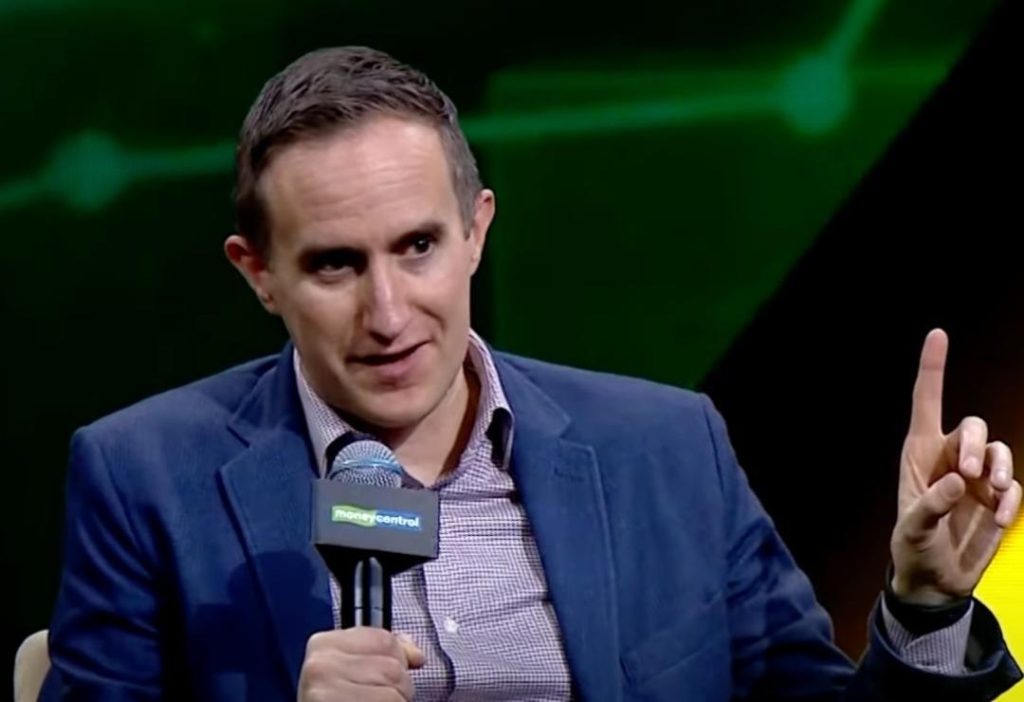
Give up investing if you can’t control FOMO: Author Morgan Housel
In today’s fast-paced and increasingly digital world, it’s no secret that the fear of missing out (FOMO) is a common phenomenon. Whether it’s missing out on a trending stock, a lucrative business opportunity, or a viral social media post, FOMO can be a powerful force that drives our actions and decisions. However, when it comes to investing, FOMO can be a major obstacle to success.
In a recent interview, author and financial expert Morgan Housel, known for his book “The Psychology of Money”, shared his thoughts on the dangers of FOMO in investing. According to Housel, if you can’t control your FOMO, you should give up investing altogether.
But what exactly is FOMO, and why is it such a problem in investing? In this blog post, we’ll explore the psychology behind FOMO and why Housel believes it’s essential to overcome it in order to achieve financial success.
What is FOMO?
FOMO, or the fear of missing out, is a psychological phenomenon that occurs when we feel compelled to participate in an activity or make a decision because we fear that others are doing better than us. Whether it’s keeping up with the Joneses, staying current with the latest trends, or beating the market, FOMO can drive us to make impulsive decisions that often lead to financial mistakes.
In the context of investing, FOMO can manifest in a variety of ways. For example, when a particular stock or investment class is performing exceptionally well, investors may feel pressure to jump on the bandwagon, even if they don’t fully understand the investment or its risks. Similarly, when the market is experiencing a downturn, investors may feel anxious to sell their stocks or bonds, fearing that they’ll miss out on future gains.
The dangers of FOMO in investing
While FOMO may seem like a harmless phenomenon, it can have disastrous consequences in investing. When we’re driven by FOMO, we’re more likely to make impulsive decisions based on emotions rather than rational analysis. This can lead to a range of negative outcomes, including:
- Overpaying for investments: When we’re driven by FOMO, we may be willing to pay a premium for an investment, even if it’s not fundamentally sound.
- Making emotional decisions: FOMO can lead us to make decisions based on emotions rather than facts, which can result in poor investment choices.
- Risking too much: When we’re trying to keep up with others, we may be willing to take on more risk than we should, which can lead to significant losses.
- Missing out on opportunities: Conversely, when we’re overly focused on avoiding losses, we may miss out on opportunities that could have led to long-term financial gains.
How to overcome FOMO in investing
So, how can we overcome FOMO and achieve financial success in investing? According to Housel, it’s essential to develop a contrarian mindset, one that focuses on the long-term rather than short-term gains. Here are a few strategies to help you overcome FOMO:
- Set clear investment goals: Before making an investment decision, define your goals and risk tolerance. This will help you stay focused on your objectives rather than getting caught up in FOMO.
- Develop a long-term perspective: Recognize that investing is a long-term game. Avoid making impulsive decisions based on short-term market fluctuations.
- Educate yourself: The more you know about investing, the less likely you are to be swayed by FOMO. Stay informed, but avoid getting caught up in the emotional rollercoaster of market fluctuations.
- Diversify your portfolio: Spreading your investments across different asset classes and industries can help you avoid overexposure to any one investment and reduce the impact of market volatility.
Conclusion
In conclusion, FOMO is a powerful force that can have significant consequences in investing. According to Morgan Housel, if you can’t control your FOMO, you should give up investing altogether. By recognizing the dangers of FOMO and developing strategies to overcome it, you can achieve financial success and build a brighter financial future.
Source:
Note: The article is based on the interview of Morgan Housel on the topic of FOMO in investing. The exact video link is provided in the source section.






